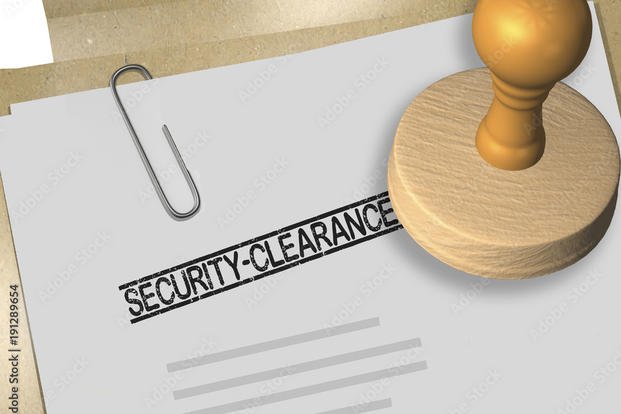As those in the intelligence community know, in 2010, the Intelligence Authorization Act required "the President to submit an annual report to Congress on the security clearance process, to include the total number of security clearances across government and in-depth metrics on the timeliness of security clearance determination in the Intelligence Community." While the information is designed for politicians and pundits, anyone trying to obtain or renew their security clearance may find it useful.
This information may not be publicly available for much longer as the director of naval intelligence petitioned Congress to forgo the need to create the report. Although the request was initially approved by the Senate Intelligence Committee, public interest groups argued that publicizing this information provided "public insight into the size and operation of the security clearance system." They were successful, and the report requirement was maintained.
The first statistic of note is that there are currently 4.9 million individuals with security clearance. Secrecy News reports that this is a 1.1% jump from last year. They speculate that while that number could have been higher during the Cold War, this is the largest official estimation ever published. It is important to note that the number is derived from looking at individuals who have been deemed eligible for clearance after investigation, not necessarily those who actually hold clearance.
Of note to new applicants: Security acceptance rates are particularly high. The CIA denied 4.9% of applicants while the National Reconnaissance Office denied 5.9% and the National Security Agency denied 5.7%. Multiple agencies reported that some clearance investigations remained open for more than a year.
The official summary of the report is as follows:
"Although agencies are making significant progress to improve the timeliness of security clearance determinations, the ODNI [Office of the Director of Naval Intelligence] will continue to stress the need for improvements in the investigative and adjudicative clearance processes. The IC [intelligence community] faces challenges in clearing individuals with unique or critical skills -- such as highly desirable language abilities -- who often have significant foreign associations that may take additional time to investigate and adjudicate. Further, compartmentalization and variations in information technology platforms within the IC are impediments to the implementation of automated systems that have the potential to improve the timeliness of processing non-issue cases and allow security specialists to concentrate on issue cases.
"The increase in the total number of clearances held as of Oct. 1, 2012, is 54,199. This number comprises an addition of 88,886 eligible government employees and a decrease in eligible contractors (-11,054) and individuals captured in the other category (-23,633). The diminution of the other category reflects the significantly improved reporting of essential data by all entities that collected data for this report. Agencies are developing and implementing additional measures and methods to further refine collection and reporting of the information required."
The Next Step: Get Veteran Jobs Tips
Looking for transition and veteran jobs tips? Military.com has you covered. Subscribe to Military.com to have military news, updates and job resources delivered directly to your inbox.











